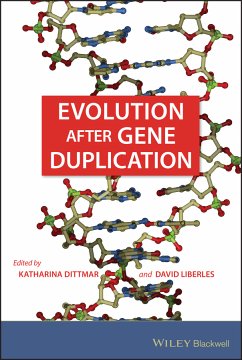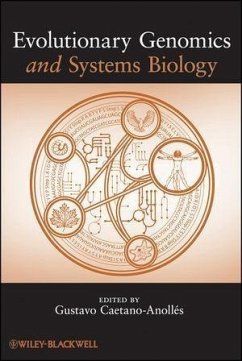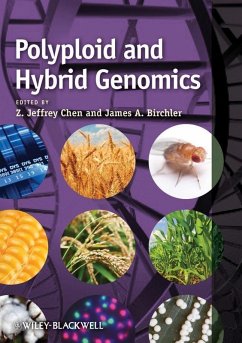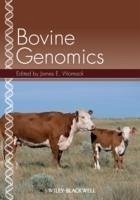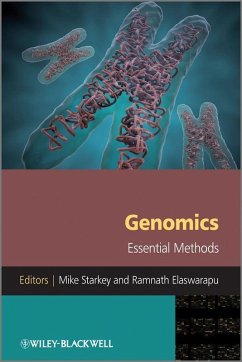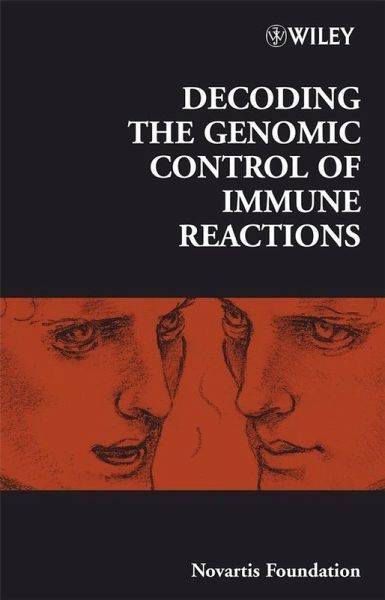
Decoding the Genomic Control of Immune Reactions (eBook, PDF)
Versandkostenfrei!
Sofort per Download lieferbar
161,99 €
inkl. MwSt.
Weitere Ausgaben:

PAYBACK Punkte
0 °P sammeln!
This book explores existing and potential strategies for using the genome sequences of human, mouse, other vertebrates and human pathogens to solve key problems in the treatment of immunological diseases and chronic infections. The assembled genome sequences now provide important opportunities for solving these problems, but a major bottleneck is the identification of key sequences and circuits controlling the relevant immune reactions. This will require innovative, interdisciplinary and collaborative strategies of a scale and complexity we are only now beginning to comprehend. Specific proble...
This book explores existing and potential strategies for using the genome sequences of human, mouse, other vertebrates and human pathogens to solve key problems in the treatment of immunological diseases and chronic infections. The assembled genome sequences now provide important opportunities for solving these problems, but a major bottleneck is the identification of key sequences and circuits controlling the relevant immune reactions. This will require innovative, interdisciplinary and collaborative strategies of a scale and complexity we are only now beginning to comprehend. Specific problems addressed include the following: * What kinds of information are we lacking to understand how the genome sequence specifies the differentiation and response of immune system cells, and system behaviour such as immunological memory and tolerance? * Which genome sequences and cellular circuits cause or prevent pathological immune responses to foreign pathogens, allergens or self-tissues? * Which host and pathogen genome sequences and cellular circuits explain the failure of sterilizing immune responses to sophisticated human pathogens such as the agents of tuberculosis, malaria, metazoan parasites and chronic viruses? Containing contributions from a range of leading experts in the field, this book provides an important new perspective for clinical immunologists and basic researchers alike.
Dieser Download kann aus rechtlichen Gründen nur mit Rechnungsadresse in D ausgeliefert werden.



